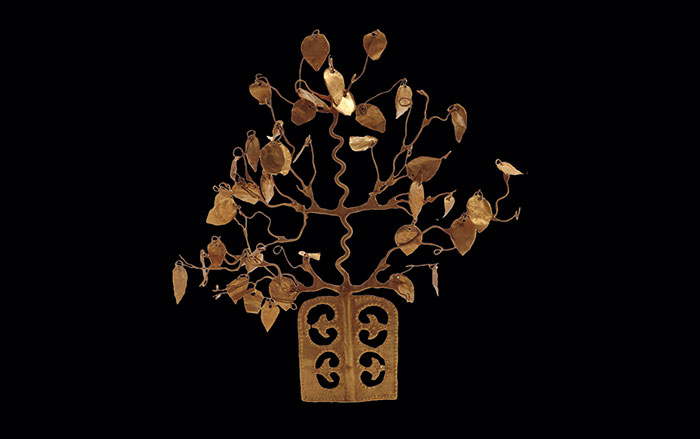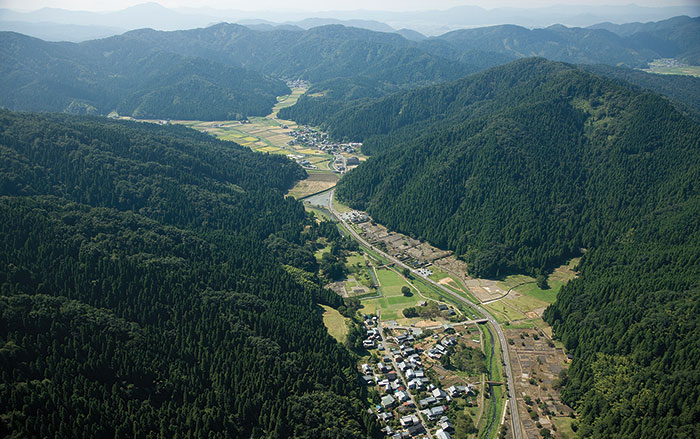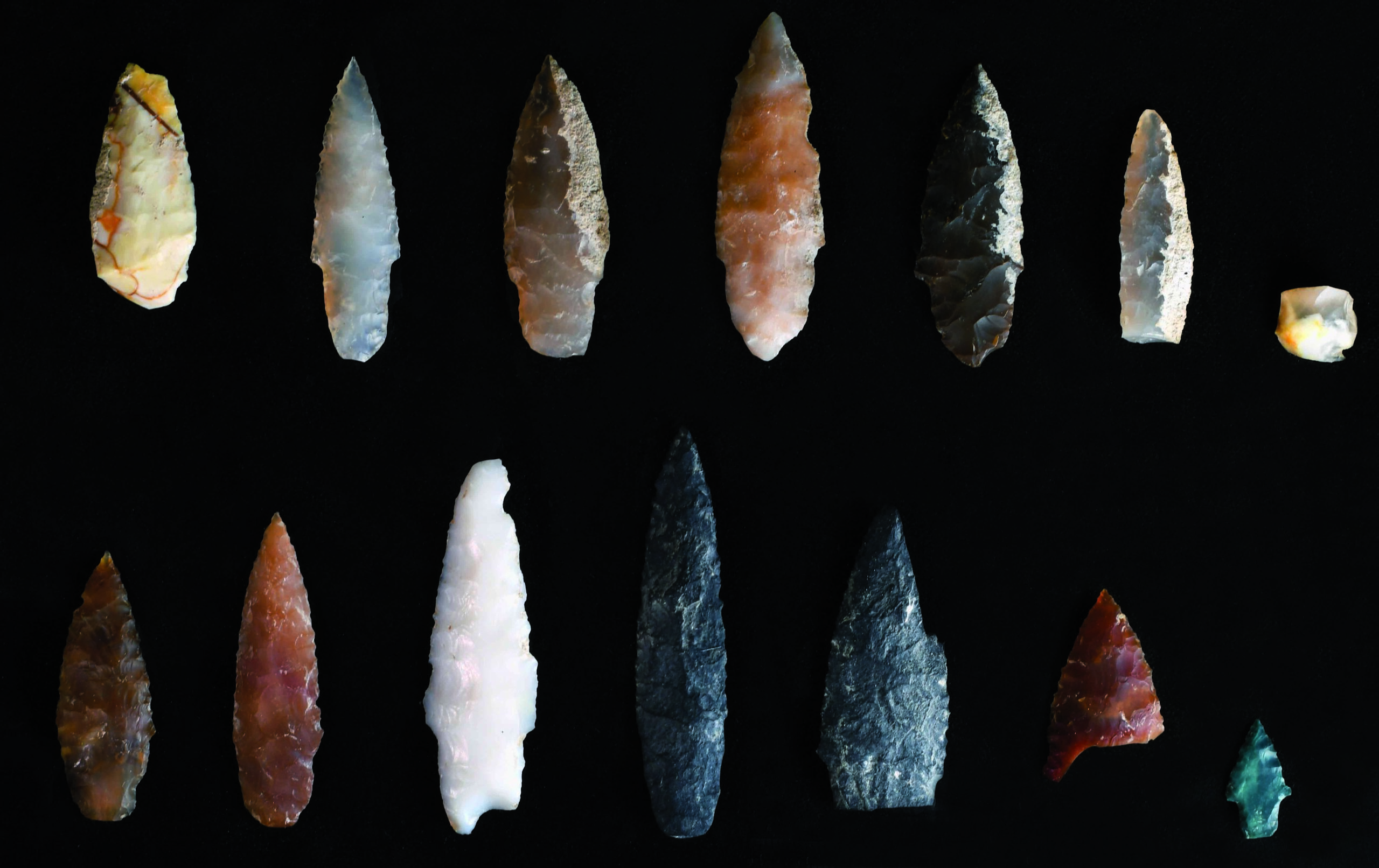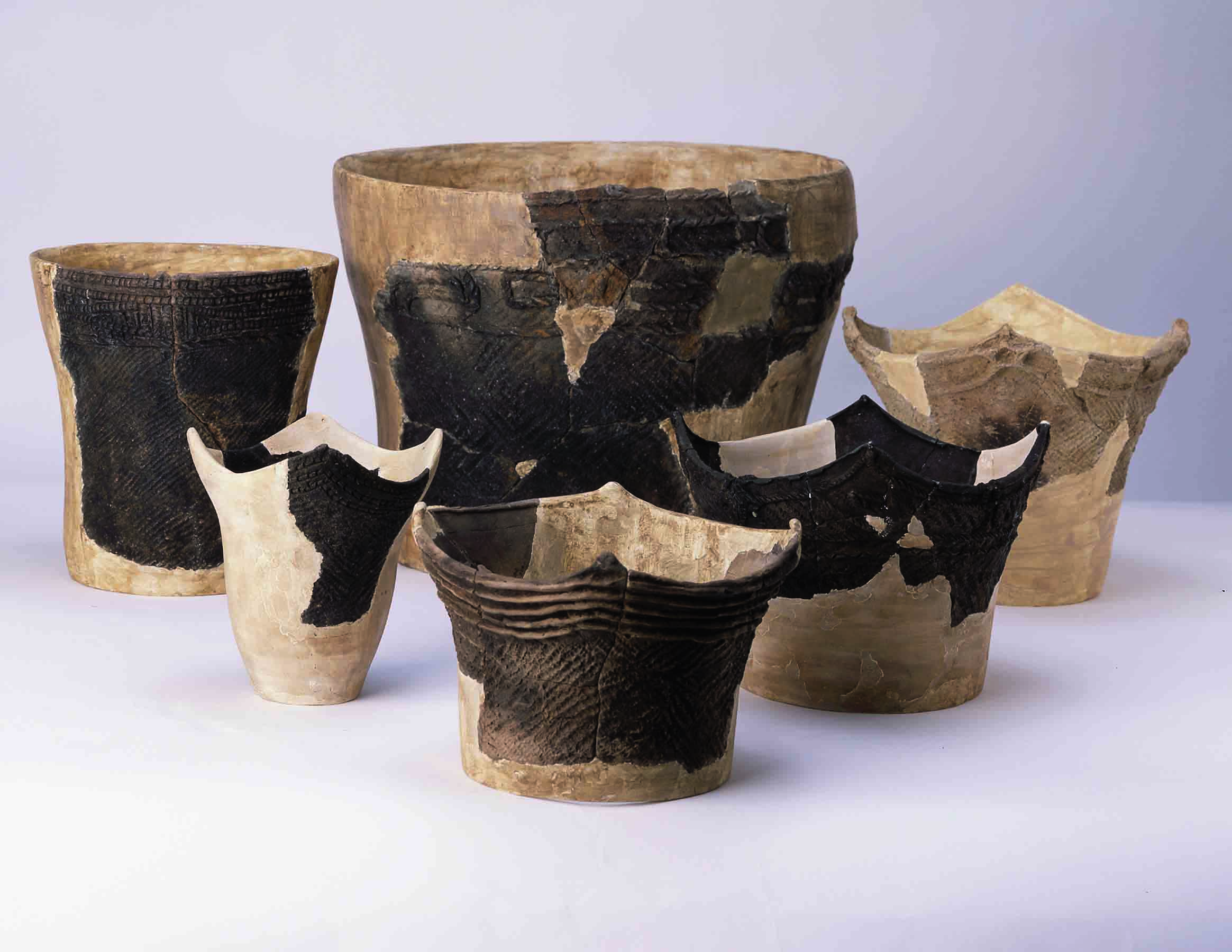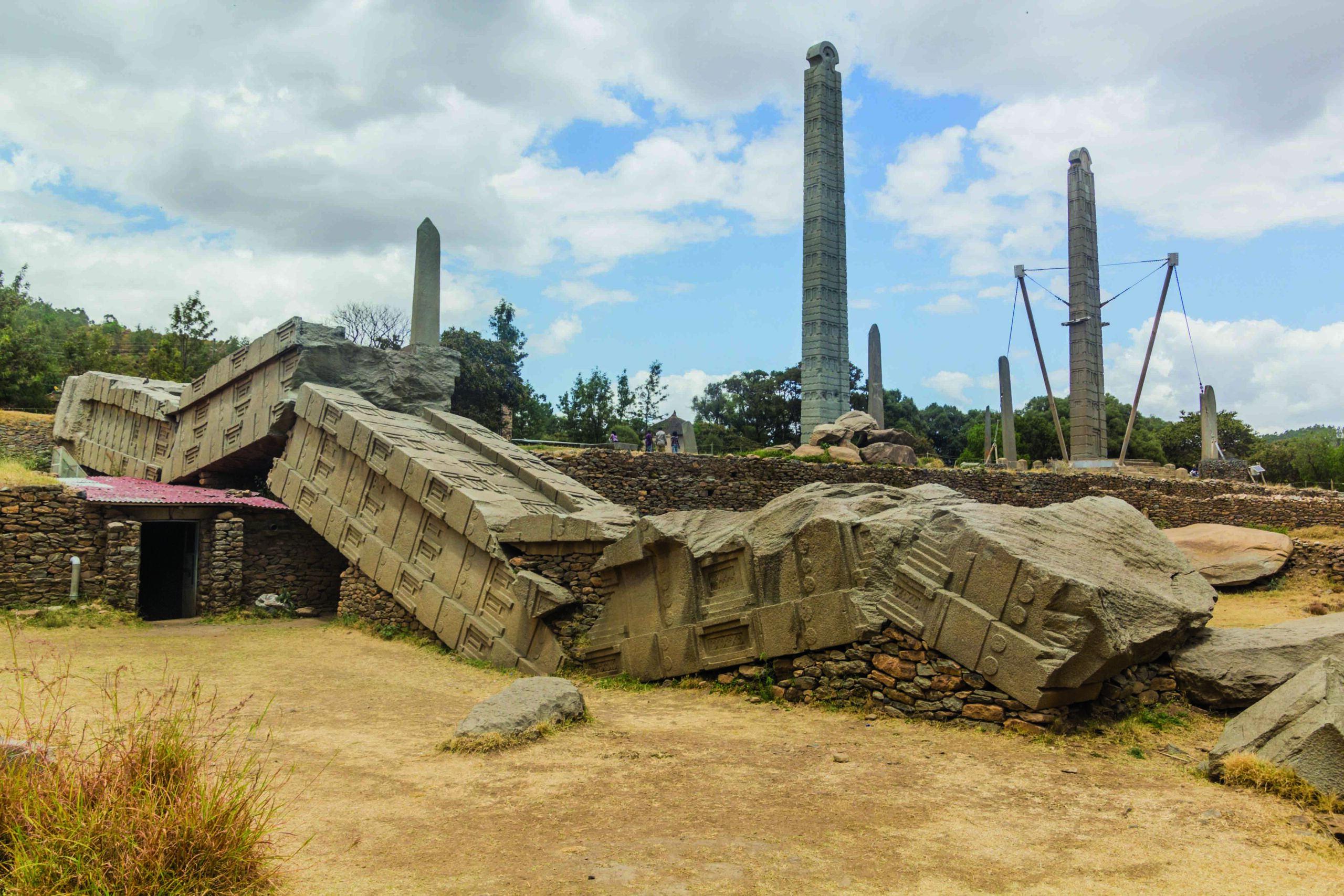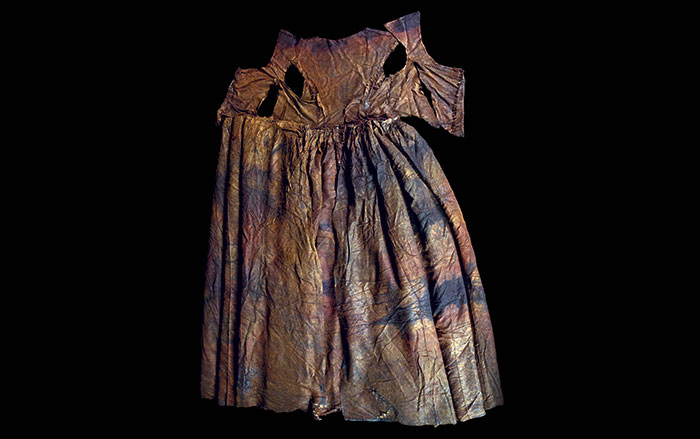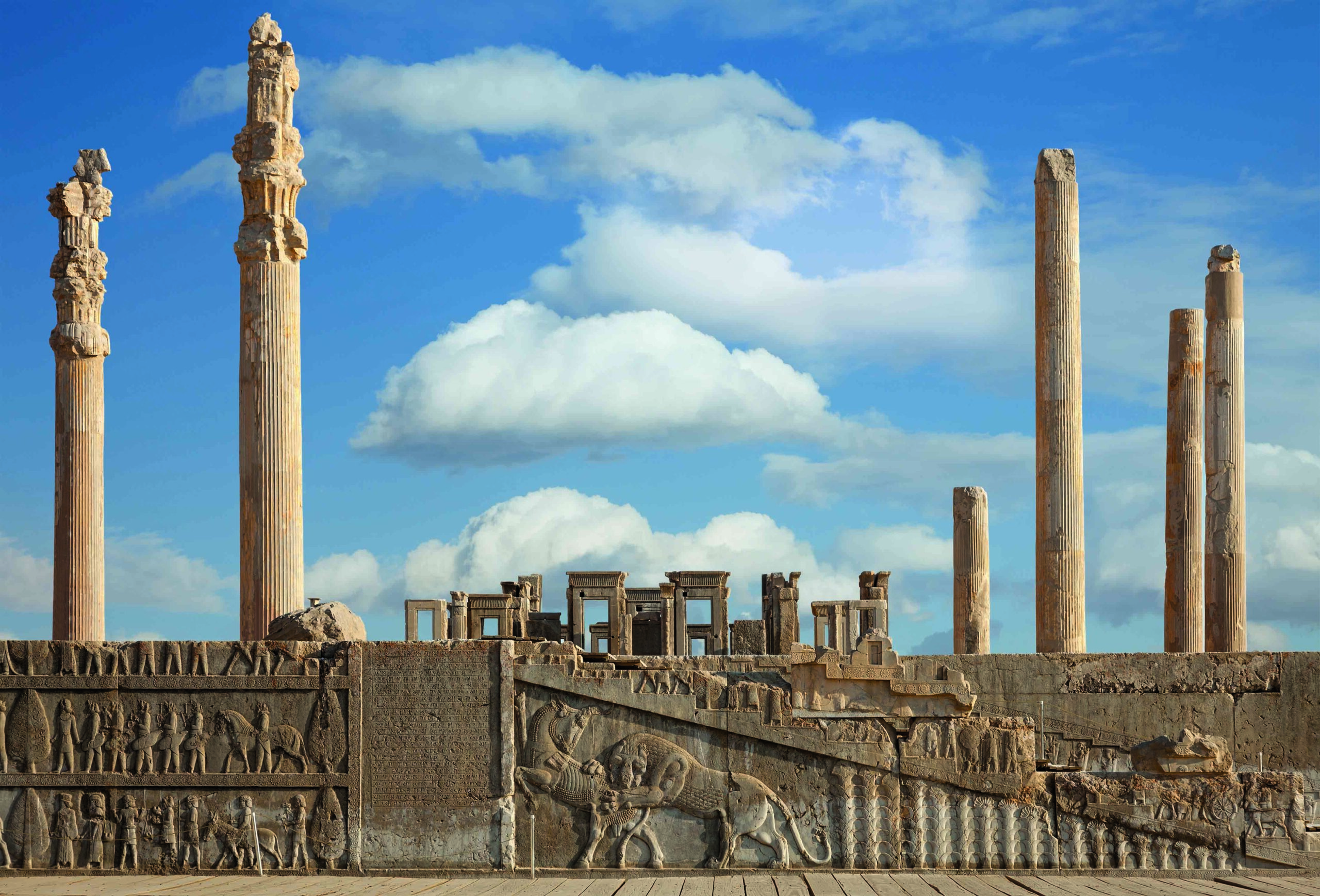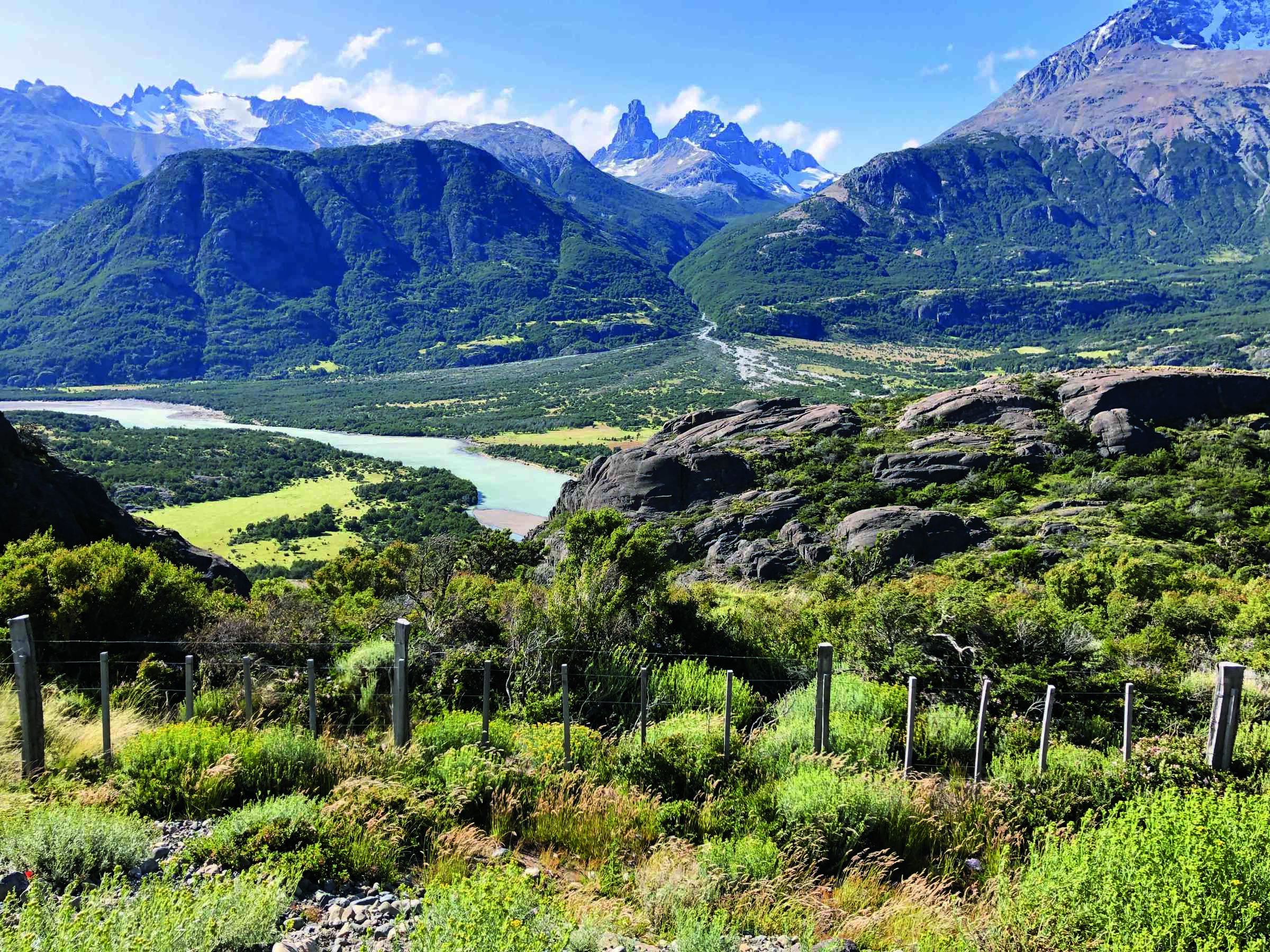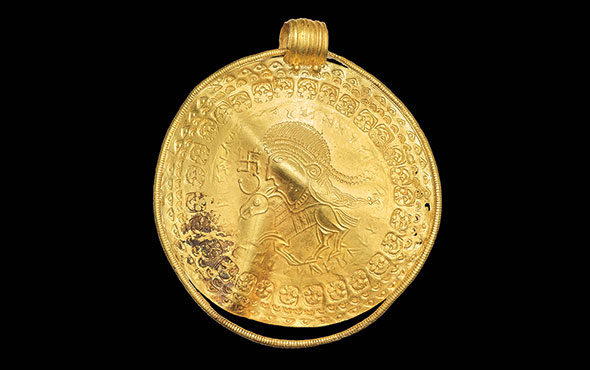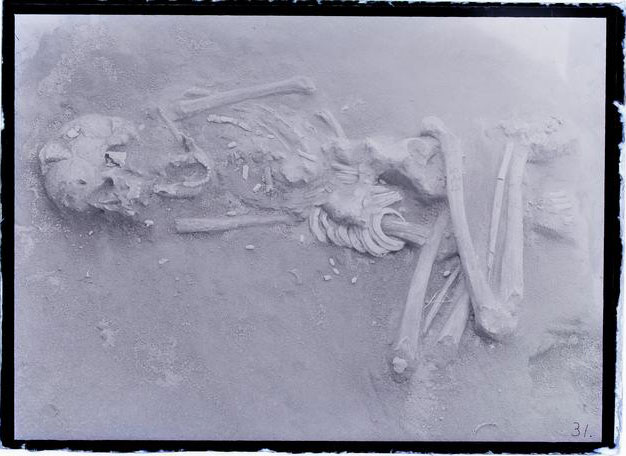
FUKUOKA, JAPAN—According to a Live Science report, an analysis of the remains uncovered on Japan’s island of Tanegashima suggests that the Hirota people modified infants’ skulls between the third and seventh centuries A.D. It had been unclear if the misshapen heads, which have been slightly shortened and flattened in the back, were a result of artificial cranial deformation or an unknown natural process. The researchers compared the Hirota skulls with remains of Yayoi and Jomon peoples from the same time period that had been unearthed in other areas of Japan through the use of 3-D scans and their overall 2-D skull shape. Biological anthropologist Noriko Seguchi of Kyushu University said that the study detected damage to the occipital bone and the base of each skull, and depressions in parts of the skull that connect the bones together. Seguchi’s team also determined that an equal number of male and female remains had been modified, without a difference between the sexes. The team members plan to examine more skulls from the region to try to gain further insight into the practice. Read the original scholarly article about this research in PLOS ONE. For more on Japanese peoples of the past, go to "Japan's Genetic History."


